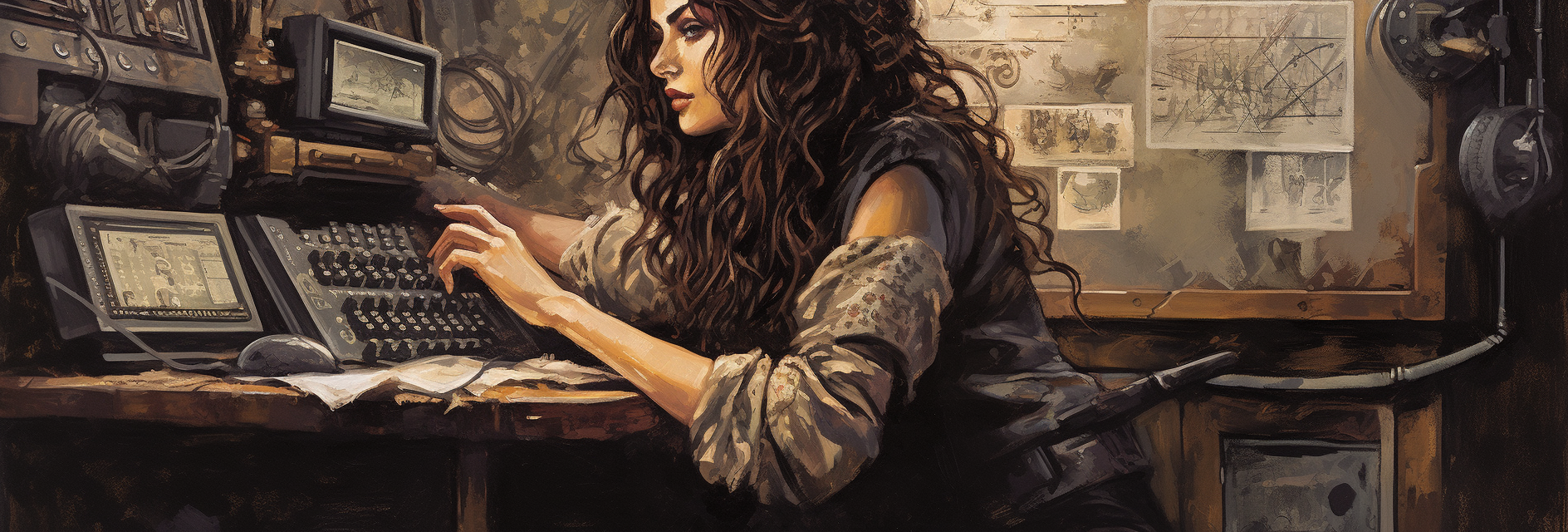What are dependencies?

Ahoy there mateys! Today, we be setting sail on the high seas of software development to explore a crucial aspect of building your code: dependencies. In the world of software, dependencies refer to external libraries or modules that your code relies on to function properly.
To put it simply, dependencies are like the crew of a ship. Just as a ship needs a crew to navigate the waters and reach its destination, your code needs dependencies to run smoothly and efficiently. Without the right crew, a ship may end up lost at sea or even worse, sink. Similarly, without the right dependencies, your code may be prone to errors or even crash altogether.
So, in a nutshell, dependencies are the pieces of code that your code relies on to function properly. But why do we need them? And how do we manage them effectively? Read on, me hearties, and let’s find out!
Types of dependencies
Now that we’ve got a good understanding of what dependencies are, let’s take a closer look at the different types of dependencies that exist.
Direct dependencies
Direct dependencies are the dependencies that your code directly requires to function. For example, if you’re building a Java application, you might require the Apache Commons library for certain functionality. In this case, Apache Commons would be considered a direct dependency of your code.
Transitive dependencies
Transitive dependencies are dependencies that your direct dependencies rely on. So, if your code requires Apache Commons as a direct dependency, but Apache Commons itself requires another library, say Log4j, then Log4j would be considered a transitive dependency of your code.
Optional dependencies
Optional dependencies are dependencies that are not required for your code to function properly, but can provide additional functionality or features. For example, you may include an optional dependency for logging or testing purposes.
Runtime dependencies
Runtime dependencies are dependencies that your code requires at runtime, but not necessarily during the build process. These dependencies may be included in the final packaged application, but they are not necessary for building the code itself.
Compile-time dependencies
Compile-time dependencies are dependencies that your code requires during the build process. These dependencies are necessary for compiling and building your code, but may not be required at runtime.
Test dependencies
Test dependencies are dependencies that are required for running tests on your code. These dependencies are separate from your main codebase and are only required during the testing phase.
Conclusion
And there you have it, mateys! A brief overview of what dependencies are and the different types that exist. Managing dependencies effectively is crucial for building robust and reliable code, and understanding the different types of dependencies is an important step towards achieving this goal.
So, the next time you’re setting sail on your coding journey, remember to keep a close eye on your dependencies, just as you would keep an eye on your ship’s crew. With the right dependencies by your side, you’ll be well on your way to reaching your destination and creating amazing software!